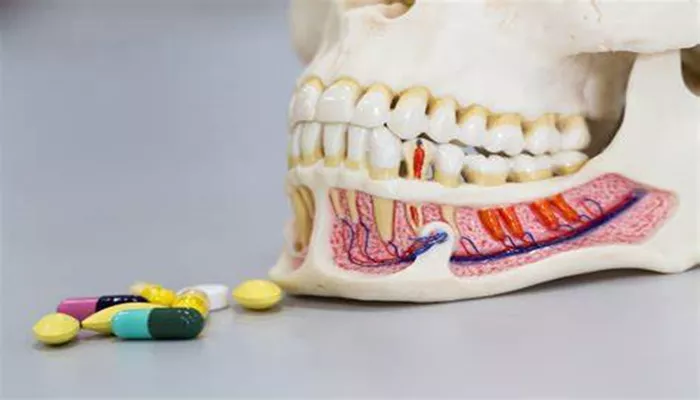A groundbreaking study conducted by scientists in the United States has revealed that FP 100, also known as Hygromycin A, is an effective narrow-spectrum antibiotic that successfully eliminates Fusobacterium nucleatum, a major pathogen responsible for periodontitis. This new antibiotic does so without disrupting the oral or gut microbiomes.
Dr. Alpdogan Kantarci, a senior scientist at the ADA Forsyth Institute in Cambridge, Massachusetts, led the study and expressed excitement over the clear results. “This type of black and white data almost never happens,” he stated. “With FP 100, we can eliminate Fusobacterium nucleatum from the oral cavity, reverse tissue destruction, and prevent disease progression without harming the beneficial microbiome.”
The research team published their findings in the Journal of Oral Microbiology, demonstrating the drug’s effectiveness both in laboratory settings and in a mouse model of periodontal disease. One of the most significant outcomes of this study is that FP 100 specifically targets Fusobacterium while preserving beneficial bacteria essential for human health.
Periodontal disease has long posed treatment challenges because traditional antibiotics often eradicate both harmful and beneficial bacteria. Dr. Kantarci highlighted this issue, stating, “Often, antibiotics treating that disease will also kill all the bacteria that aid in preventing overpopulation of pathogens.”
He emphasized that with the rise of antibiotic-resistant superbugs, FP 100 represents a significant advancement in antibiotic development.
“Eliminating that key pathogen is a very important strategy to control the disease,” he added.
The study was funded by Flightpath Biosciences Inc., which is collaborating with ADA Forsyth to explore FP 100’s potential further.
The findings suggest that this antibiotic could be a game-changer in treating severe gum disease, which affects over 47% of individuals aged 30 and older, with prevalence increasing to 60% among those aged 65 and older.
Current treatments for periodontal disease primarily focus on slowing its progression rather than providing a cure. Many of these treatments are not covered by dental insurance.
In addition to its application for gum disease, FP 100 has potential implications for other health issues linked to Fusobacterium nucleatum, which has been associated with conditions such as colorectal cancer and preterm birth. The antibiotic was rediscovered by researchers at Northeastern University who were investigating treatments for Lyme disease.
ADA Forsyth and Flightpath Biosciences have filed a joint patent application for FP 100 and plan to conduct clinical trials to further assess its safety and efficacy. Dr. Kantarci remarked on the importance of this development: “We are entering a new frontier in both local and systemic disease prevention.”
The ability to selectively target harmful bacteria while preserving beneficial microbiomes could lead to innovative treatments that significantly improve patient outcomes.
Related topics:

